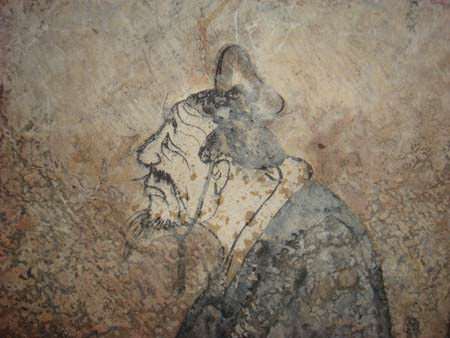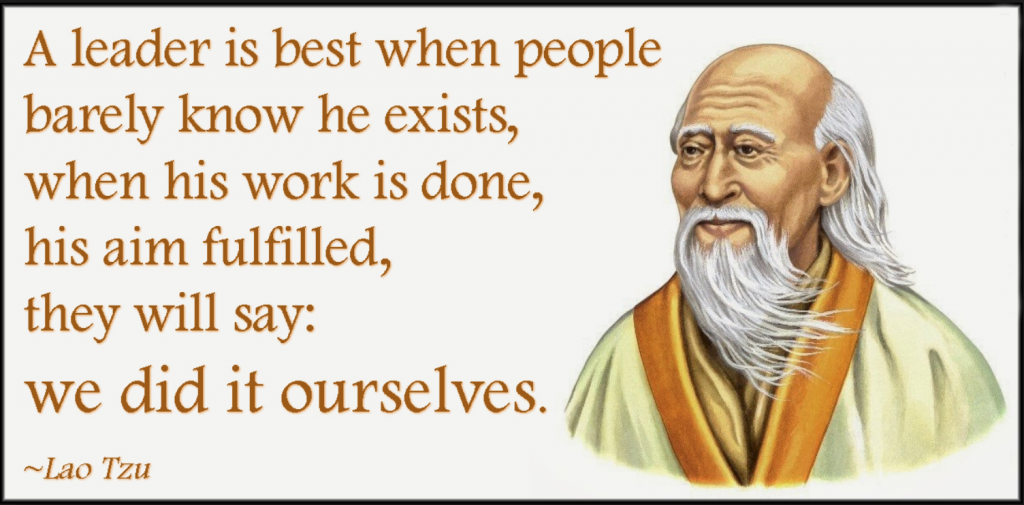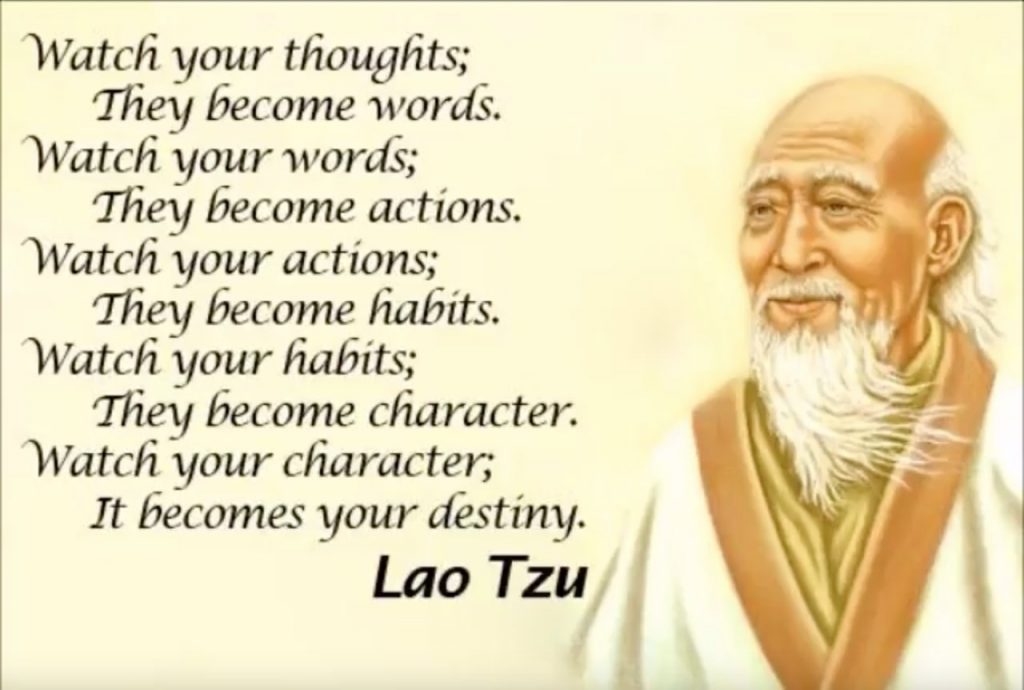




Tao te king was written by Lao Tse Spiritual Guru who write these lines on the Boarder area of China when he was about to leave the country. The King sent his army to stop Lao Tse to write about what he learn about the truth of life. With the condition of giving information about what he learnt about the truth of life. only then they would allow Lao Tse to leave the Country. So this book was written on the Boarder of China- Tao Te King, Lao Tse dont believe that truth can be say with words, In his very first line you will going to see what he said. So in following Lines you can see first five Tips of Lao Tse About the Tao ( Creator or before creator)One cannot cognize Tao only by speaking about It.
One cannot name by a human name that Origin of the sky and the earth which is the Mother of everything.
Only those who are free from earthly passions can see It, and those who have such passions can see only Its Creation. Tao and Its Creation are One in essence, though are called by different names. The passage which exists between them is a doorway to all the miraculous.
If the chosen are not exalted, no one envies them. If material treasures are not praised, no one steals them. In other words, if the objects of passions are not shown off, there are no temptations.
The wise ruler does not create such temptations for people but takes care that people have enough food. This eliminates passions and strengthens people’s health. The wise ruler always strives to prevent temptations and passions and does not let evil people act.
The absence of these problems brings calm.
That is the calm of mind and body, including stopping of the flow of thoughts. It allows mastering the art of meditation and developing oneself as a consciousness.
Here Lao Tse means inner quietness, which is called hesychia in Greek. Hesychasm, an ancient tradition of the Christian mysticism, is named after it
http://quotesforum.blogspot.com/2015/05/lao-tse-tao-te-king-step-6-to-10.html
Laozi, Lao Tzu and Lao-Tze was an ancient Chinese philosopher and writer. He is the reputed author of the Tao Te Ching,[ the founder of philosophical Taoism, and a deity in religious Taoism and traditional Chinese religionsA semi-legendary figure, Laozi was usually portrayed as a 6th-century BC contemporary of Confucius, but some modern historians consider him to have lived during the Warring States period of the 4th century BC. A central figure in Chinese culture, Laozi is claimed by both the emperors of the Tang dynasty and modern people of the Li surname as a founder of their lineage. Laozi’s work has been embraced by both various anti-authoritarian movements and Chinese Legalism.
The Tao Te Ching, often called simply Laozi after its reputed author, describes the Dao (or Tao) as the source and ideal of all existence: it is unseen, but not transcendent, immensely powerful yet supremely humble, being the root of all things. People have desires and free will (and thus are able to alter their own nature). Many act “unnaturally”, upsetting the natural balance of the Tao. The Tao Te Ching intends to lead students to a “return” to their natural state, in harmony with Tao. Language and conventional wisdom are critically assessed. Taoism views them as inherently biased and artificial, widely using paradoxes to sharpen the point.
~ Source: https://en.wikipedia.org/wiki/Laozi
Ware woorden zijn niet mooi, mooie woorden zijn niet waar.
…
Wie anderen overwint is sterk, wie zichzelf overwint is machtig
…
De onbuigzame mens is een leerling van de dood. De zachte, soepele en kwetsbare mens houdt van het leven.
…
De goedheid van het goed doen is niet de echte goedheid.
…
De wijze draagt ruw geweven kleren over zijn lichaam en kostbare juwelen in zijn hart.
…
Alle grote dingen komen voort uit het onbelangrijke. Daarom streeft de wijze nooit naar het grote. Op die manier kan hij grote dingen bereiken.
…
~ Lao Tse
https://www.youtube.com/watch?v=j3JW6YZaW9Q
